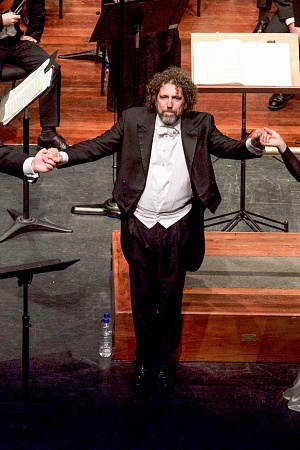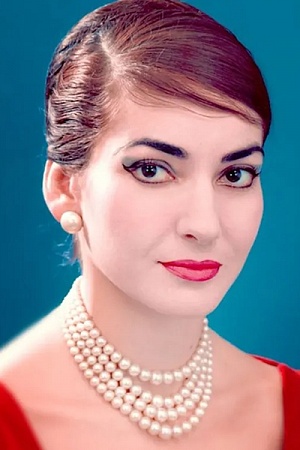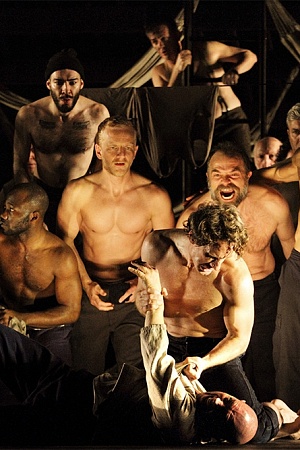Don Giovanni
Enterprisingly, Opera Australia has enticed Scottish director David McVicar to create new productions of three Mozart operas, beginning with Don Giovanni, currently playing in Sydney (Figaro and Così will follow in 2015 and 2016, respectively). We saw the fifth of thirteen performances scheduled in this long opening season, and already the production was in superb shape – one of the finest Mozarts we have seen from this company in years.
For once, Sydney’s stage seems fitting in scale, almost ample. Robert Jones’s design is monochrome and crepuscular. We think of Kiefer’s ruined cities as the curtain rises after the bracing overture. Rarely has this small stage felt so deep, so ominous. There is a graveyard in the distance, but death is ubiquitous, with skulls and debris lining the blasted walls and alcoves.
Continue reading for only $10 per month. Subscribe and gain full access to Australian Book Review. Already a subscriber? Sign in. If you need assistance, feel free to contact us.











Leave a comment
If you are an ABR subscriber, you will need to sign in to post a comment.
If you have forgotten your sign in details, or if you receive an error message when trying to submit your comment, please email your comment (and the name of the article to which it relates) to ABR Comments. We will review your comment and, subject to approval, we will post it under your name.
Please note that all comments must be approved by ABR and comply with our Terms & Conditions.